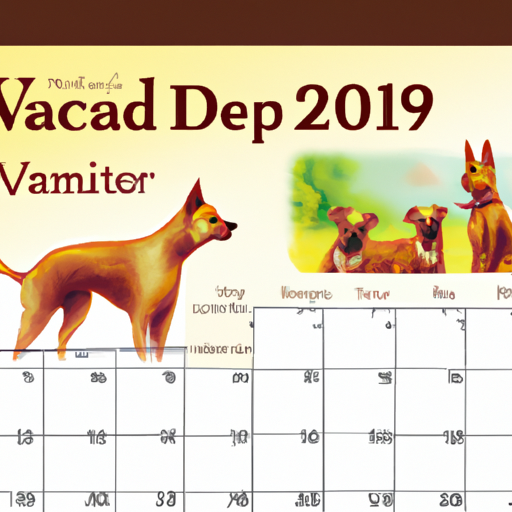As a dedicated pet owner, you understand your dog is more than a pet; they are a part of your family. Ensuring they maintain optimal health is paramount, and one way to do this is through yearly vaccinations. This article provides you a comprehensive guide to the shots your furry friend should get every year.
Table of Contents
- Importance of Dog Vaccinations
- Core Vaccines for Dogs
- Non-Core Vaccines for Dogs
- Puppy Vaccination Schedule
- Adult Dog Vaccination Schedule
-
Frequently Asked Questions
-
Key Takeaways
- Vaccinations are essential in maintaining your dog’s health by preventing various diseases.
- Core vaccines are highly recommended for all dogs.
- Non-core vaccines are given based on the dog’s lifestyle and risk factors.
- Vaccination schedules vary for puppies and adult dogs.
Importance of Dog Vaccinations
Vaccinating your dog is not just about adhering to legal requirements. It’s about safeguarding your dog from potentially fatal diseases. Vaccinations stimulate the immune system to generate a protective response, so when your dog is exposed to the disease, their body is primed to fight it off. Check out this article by the American Veterinary Medical Association for a more in-depth explanation.
Core Vaccines for Dogs
Core vaccines are those recommended for every dog, regardless of their lifestyle or location. They protect against the most dangerous and widespread diseases.
- Canine Parvovirus – A highly contagious viral disease that can be fatal, especially in puppies.
- Canine Distemper – A serious viral disease that affects a dog’s respiratory, gastrointestinal, and nervous systems.
- Canine Hepatitis – An adenovirus that causes liver disease.
- Rabies – A fatal zoonotic disease that affects the nervous system. Rabies vaccination is also required by law in many states.
Non-Core Vaccines for Dogs
Non-core vaccines are given based on a dog’s risk factors, such as exposure to certain environments or species. Your vet will consider your dog’s lifestyle, breed, and location before administering these.
- Kennel Cough – This vaccination is recommended for dogs frequently in contact with other dogs, like in kennels, dog parks, or shows.
- Lyme Disease – Recommended for dogs in or traveling to areas with a high tick population.
- Leptospirosis – This bacterial infection can also be passed to humans, so vaccination is often recommended for dogs in rural areas or those who spend a lot of time outdoors.
Here’s a comprehensive guide on dog vaccinations by the American Kennel Club for additional information.
Puppy Vaccination Schedule
Puppies are highly vulnerable to diseases, so their vaccination schedule is quite rigorous.
- 6-8 weeks: Parvovirus, Distemper
- 10-12 weeks: DHPP (Distemper, Hepatitis, Parvovirus, Parainfluenza)
- 12-24 weeks: Rabies
- 14-16 weeks: DHPP
- 12-16 months: Rabies, DHPP
For more information about puppy care, check out this puppy guide on One Top Dog.
Adult Dog Vaccination Schedule
Adult dog vaccinations are typically boosters of the puppy vaccines.
- Every 1 year: DHPP
- Every 1-3 years: Rabies
The health section on One Top Dog has more detailed information on adult dog care.
Frequently Asked Questions
1. Can vaccinations make my dog sick?
While most dogs handle vaccines well, some may experience mild symptoms like fever, sluggishness, and reduced appetite. Severe reactions are rare.
2. Can I vaccinate my own dog?
It’s recommended to have a licensed vet administer vaccines. They can monitor your dog for adverse reactions and give advice on the appropriate vaccines your dog needs.
3. How much do dog vaccinations cost?
The cost varies depending on your location, the type of vaccine, and your vet’s fees. It’s best to call your vet for the most accurate pricing.
4. Are yearly vaccinations necessary?
While some vaccines require yearly boosters, others do not. Your vet can provide a schedule based on your dog’s health and lifestyle.
In conclusion, vaccinations are a vital part of keeping your dog healthy. Always consult with your vet to ensure your dog gets the appropriate vaccines based on their age, health status, and lifestyle. Remember, prevention is better than cure, and with the right vaccinations, you’re giving your dog the best chance at a long, healthy life. For more tips on responsible pet ownership, explore the training and behavior section on One Top Dog.



